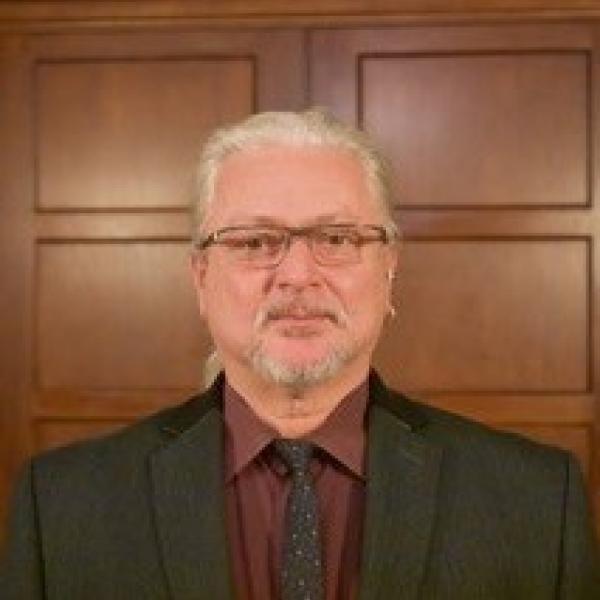
Kazakh at The University of Chicago
Kazak, or Kazakh, is a Central Turkic language spoken natively by 12 million people in the Kazakh Republic, as well as by significant populations in the Xinjiang Uyghur Autonomous Region in the PRC, in Mongolia, in Uzbekistan, Turkey, Russia, Afghanistan, and elsewhere. One of the Turkic languages in which Turkic heroic epics have been sung for centuries, Kazakh preserves many of the features of the ancient Turkic language of Central Asia. A language wherein eloquence, accuracy and precision are very highly prized, Kazakh is known for its lyrical beauty and its extremely rich oral tradition. Traditional Kazakh culture combines elements of the pre-Islamic Turkic way of life, as well as elements of Islam (specifically Sufism), and themes common to Eurasian nomads from the Urals to the Altai mountains and beyond. While the nomadic horse-riding ancestors of the Kazakhs formed the military and political backbone of several successive Turkic states in Central Asia, modern Kazakhstan is a developed, multi-ethnic, resource-rich (especially oil and gas) and technologically-oriented country, with a literacy rate approaching 100%.
Kazakhstan boasts a blossoming artistic scene, including a refined film industry, a sophisticated literary scene, and well-developed theatre. The Kazakhs visibly value literature and the arts, and almost every Kazakh can recite poetry or play the dombra, the national instrument. During Soviet and post-Soviet times, while the television channels of some other Soviet republics broadcast hour after hour of reports on industrial and agricultural production, Kazakh TV carried on with documentaries about famous literary and artistic figures. The traditional Kazakh dwelling, known as yurt in English is almost entirely made by women. Made of felt, leather, and wood, it can be set up and broken down in under 45 minutes, is highly portable, and can provide comfortable living for a family year-round, despite the wide temperature extremes that characterize the climate of Central Eurasia. Although most Kazakhs today are apartment dwellers, many maintain yurts for use on important occasions.
The language is taught at the Elementary and Intermediate levels at the University of Chicago, while Advanced Kazakh is available on demand. A knowledge of Kazakh greatly facilitates the acquisition of other related Turkic languages, such as Tatar, Bashkir, Kyrgyz (Kirghiz), or Uzbek. The class is arranged, though in all likelihood it will take place late morning to early afternoon on Wednesdays, once a week. The instructor, Dr. Kagan Arik, is a Turkic languages specialist, language pedagogue, and an anthropologist of Central Asia and Turkic-speaking cultures, who has been at the University of Chicago since 2000. He teaches Turkish language and literature, Uzbek, Kazakh, Old Turkic, and courses on the anthropology, folklore and ethnomusicology of Central Asia.

